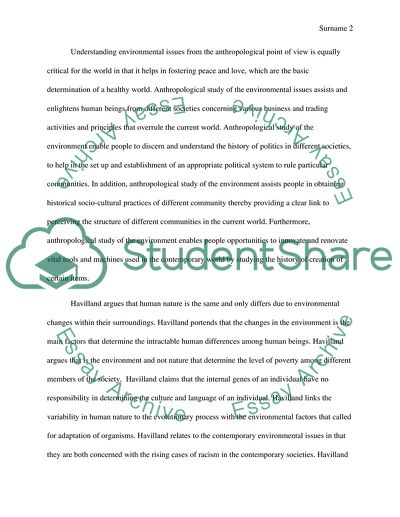Cite this document
(“World Issues and Anthropology Essay Example | Topics and Well Written Essays - 1000 words”, n.d.)
Retrieved from https://studentshare.org/anthropology/1585472-world-issues-and-anthropology
Retrieved from https://studentshare.org/anthropology/1585472-world-issues-and-anthropology
(World Issues and Anthropology Essay Example | Topics and Well Written Essays - 1000 Words)
https://studentshare.org/anthropology/1585472-world-issues-and-anthropology.
https://studentshare.org/anthropology/1585472-world-issues-and-anthropology.
“World Issues and Anthropology Essay Example | Topics and Well Written Essays - 1000 Words”, n.d. https://studentshare.org/anthropology/1585472-world-issues-and-anthropology.


